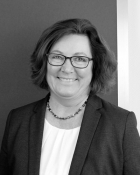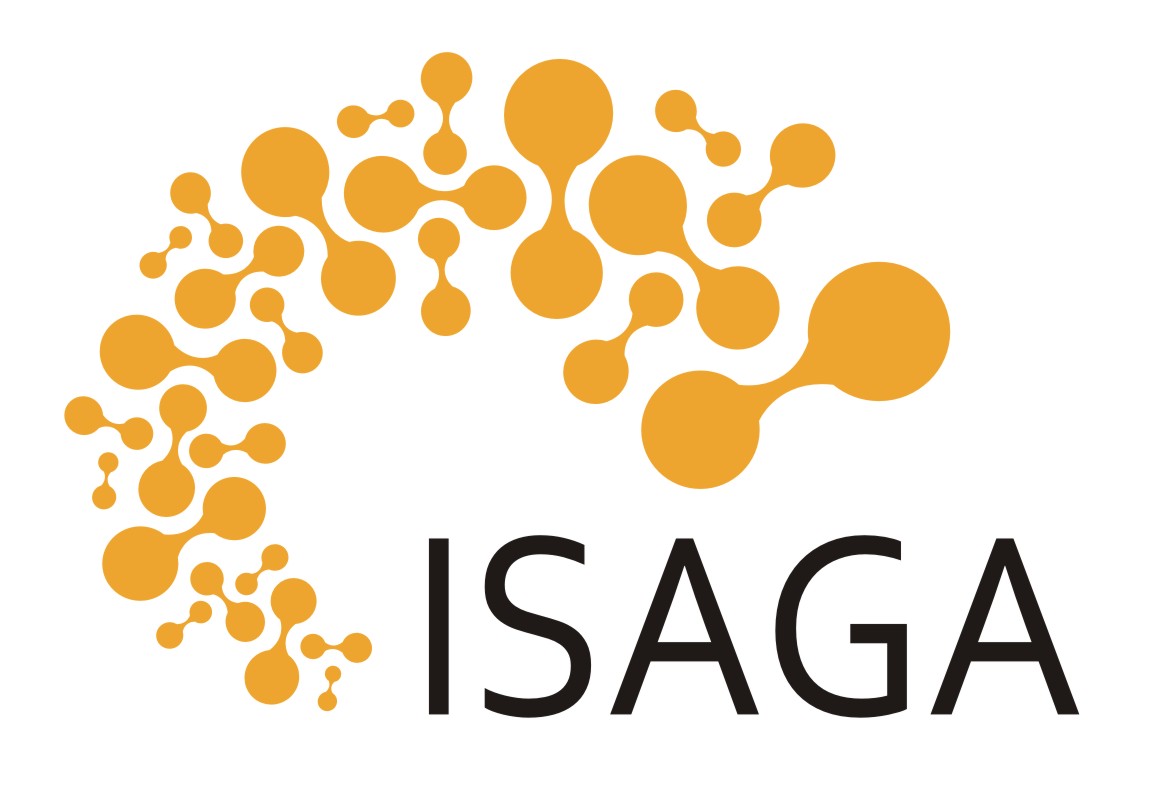[Abort]
ISAGA Summer School on Facilitation and Evaluation from 26.09.2022 to 30.09.2022 (= 5 Days)
Overview
The ISAGA Summer School 2022 will highlight the two topics of facilitation / debriefing and evaluation / research in the field of simulation games. We start the week with common simulation game experiences. This will then serve as a basis for further activities. We want to bring the participants into dialogue, set impulses and move forward together.
Experienced trainers will lead through workshops, role plays and keynote impulses addressing methods, tools and the mindset of facilitation. The program is framed by excursions and fellowship.
The Summer School is hosted by the Centre of Management Simulation at the Cooperative State University in Stuttgart, Germany. Partners are ISAGA and SAGSAGA as the local SAGA Association.
Target Groups
- ISAGA and SAGSAGA Community
- Lecturers at Universities
- PhD candidates and students dealing with simulation games
The total number of participants is limited to 30 people, of whom a maximum of 10 can be students.
Objectives
General (for all participants)
- Acquiring knowledge of different types of business games and topics
- Learning from experienced lecturers (impulse lectures on aspects of simulation game methodology)
Track Facilitation and Debriefing
- Build up competences to successfully facilitate simulation games
- Learning about the possibilities and pitfalls of facilitating simulation games
- Gain confidence in dealing with difficult situations during game performance
- Get knowledge of a set of methods for facilitating simulation games
Track Research and Evaluation
- Addressing methodological and analytical questions concerning research on game-based teaching and learning
- Examine the topic of learning effectiveness research in simulation games
- Getting to know methods for evaluating simulation games
Content
Facilitation/Debriefing Track
In this track, specific aspects of running simulation games will be trained, discussed, actively tried out and applied. These are i.e., seminar design, structure of a simulation game, role / self-conception of the facilitator, methods of briefing, debriefing, asking questions, dealing with difficult situations, etc.
Depending on the participants' previous experience, beginners and advanced participants will work on relevant topics in divided groups. The other group can be used as a sparring partner to apply the topics developed directly.
Evaluation/Research Track
In the evaluation setting, the participants develop a comprehensive evaluation concept for a specific simulation game, which is finally applied and evaluated in a real game situation.
The basis for this is a shared game play experience of the evaluation track members on the first day. This simulation game is played once more with the facilitation group at the end (Thursday morning). There, the evaluation group can apply their evaluation concept and evaluate it afterwards. It may measure input, process and output data, qualitative and quantitative methods may be developed and used. Lecturers will share their research experience and guide the group through the process. Towards the end of the summer-school the research design is applied while the simulation is played by another group.
Common Frame
It is important to us that the presumably three groups are in intensive exchange with each other. We are planning joint activities with warm up games, impulse lectures and discussions and a colourful social programme.
Formats
Concrete schedule comes up a bit later…
Common activities
- Get together, get to know each other
- Game play experiences of different types of games (board, digital…)
- Impulse talks and presentations of experienced simulation gamers
- Testing the evaluation concept of the evaluation group
Facilitation/Debriefing track
- Seminar design, structure of a simulation game (from preparation to debriefing)
- Role / self-conception of the facilitator
- Get to know and try methods for briefing and debriefing
- How to accompany teams? (questioning techniques, etc.)
- Dealing with upcoming problems (while playing our facilitation game)
- Learning of unconventional methods of briefing and debriefing (expansion of the modular kit)
- Peer review in the game facilitation with role plays (dealing with difficult situations)
- Playing of our facilitation game and discussing innovative solutions
Evaluation/Research track
- Address methodological and analytical questions concerning research on game-based teaching and learning
- Develop and test a multi method evaluation tool (qualitative / quantitative)
- Use formative assessment evaluative tools that contribute to the learning in and from the simulation game
... by creating additional learning loops that provide both participants and facilitators with more insight into the learning process
... by enabling immersion and motivation to learn from the game - Use state of the art evaluation techniques from process tracing, cognitive mapping and comparative statistics
- Use evaluation techniques that improve the simulation game and its effects on learning
- Numbers of opportunities to create, test and reflect the use of different types of evaluation for simulation games and gameful learning activities
Social programme**
- Exit Game / Walk through city of Stuttgart
- Visit of Mercedes Benz Museum or Porsche Museum or Museum of Illusions…
- Visiting the eldest TV-Tower of the world and a beer garden
- Colourful evening event with dinner (last evening)
Staff
Team of ZMS:
- Dipl. oec. Birgit Zürn (head of ZMS and executive board member of SAGSAGA)
- Prof. Dr. Friedrich Trautwein (academic head of ZMS)
- Isabella Fischer (centre manager of ZMS)
- Tobias Alf, M.A. (research associate of ZMS)
Lecturers Facilitation/Debriefing:
- Dr. Sebastian Schwägele, Playful Insights GmbH, executive board members of SAGSAGA
- Daniel Bartschat, Playful Insights GmbH, executive board members of SAGSAGA
- Birgit Zürn
- Isabella Fischer
Lecturers Research/Evaluation:
- Prof. Dr. Willy Kriz, FH Vorarlberg, advisory board member of SAGSAGA
- Marieke de Wijse van Heeswijk, Radbound University NL, executive board member of ISAGA
- Prof. Dr. Friedrich Trautwein
- Tobias Alf
Guest Lecturers:
- Dr. Marcin Wardaszko, Kozminsky-University Warsaw, executive board member of ISAGA
- Prof. Dr. Sebastiaan Meijer, KTH Stockholm, executive board member of ISAGA
Fees*
| Students Early Bird | tbd (coming soon) |
| SAGA Members / ZMS Associated Early Bird | tbd |
| Others Early Bird | tbd |
| Students | tbd |
| SAGA Members / ZMS Associated | tbd |
| Others | tbd |
The fee includes meals during the event (5x lunch, drinks, coffee/tea, snacks), dinner at the closing party, lectures, workshops, keynotes and fun!
Excluded are accommodation, travel costs and entrance fees of the social program
* Early Bird until May 01, 2022
** The programme is preliminary and is still being specified.
 | Birgit Zürn Phone: +49 711 1849 868 E-mail to Birgit Zürn send |
www.VereinOnline.org
